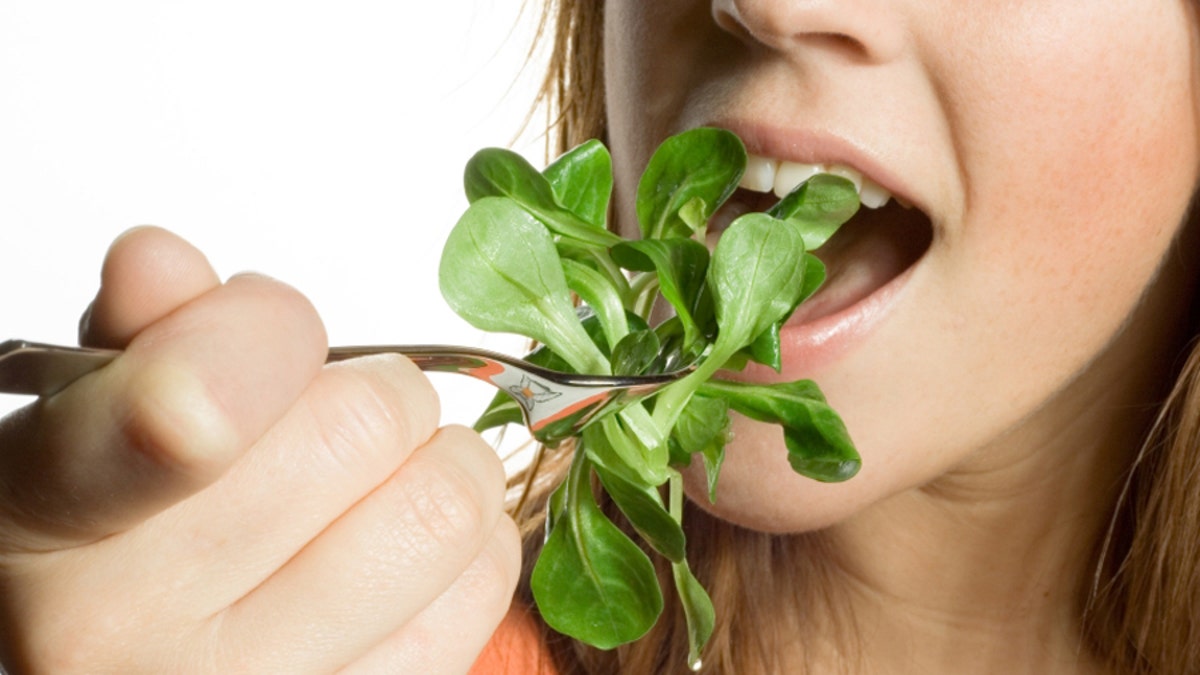
LONDON – - Scientists studying yo-yo dieting in mice say the tendency for people to regain excess weight rapidly after successfully slimming may well be due to their microbiome - the trillions of microorganisms in the gut.
The researchers found that changes in the gut microbiome that occur when an obese mouse loses weight can persist for many months, and that this contributes to accelerated weight regain later if the diet lapses
If, as the researchers believe, a similar thing happens in obese people, they said, it could help explain why so many of them fail to keep their lost weight off, and often put on more than they lost in the first place.
In a telephone briefing about their work, professors Eran Segal and Eran Elinav of the Weizmann Institute of Science in Israel, said that while there has been good progress in studying obesity and its causes, relapsing obesity is poorly understood.
"People go on diets over and over again - and keep failing," Segal said. "It's a very common problem. Up to 50 percent of obese people suffer this relapsing pattern."
To try to find out why, Segal and Elinav experimented with mice, giving them cycles of high fat diets interspersed with periods of lower-fat normal diet.
They found that the gut microbiomes of the mice who lost weight were altered, and that these changes remained in place for many months and contributed to rapid and excessive weight gain if the mice were given high-fat diets again.
To test whether it was due to the microbiome, the researchers transferred the altered microbiomes into mice that had not previously been exposed to yo-yo diets - and here too they found unusually rapid and excessive weight gain when the mice were given high-fat foods. "The microbiome by itself is not sufficient to produce this (rapid weight again) effect, but it's the diet plus the microbiome," Segal explained.
The scientists were not able to say exactly what the mechanism is or how exactly the microbiome's persistent post-diet state increases weight gain.
But in further analysis of the microbiome, they found that among key changes were a reduction in levels of plant compounds called flavonoids in the gut after dieting, and reduced energy expenditure.
This suggests, they said, that a flavonoid-based "post-biotic" treatment might help curb post-dieting weight regain.
The team has now started work on exploring whether human gut microbiomes respond in a similar way to those in mice, and whether treatments could be developed to restore the microbiome more swiftly to its regular state after dieting.